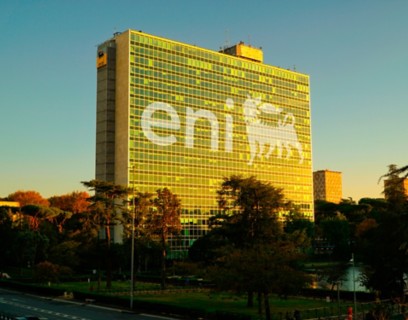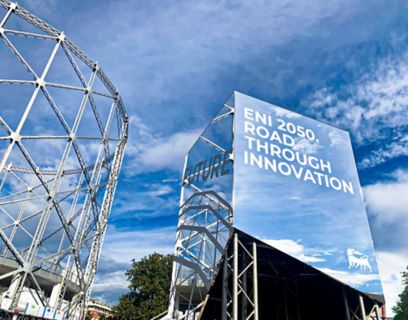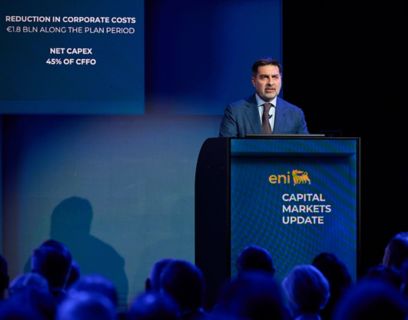Anti-Corruption Compliance Programme
In line with the values expressed in its Code of Ethics, Eni firmly condemns any form of corruption, which, besides being an illegal practice, represents an enormous barrier to sustainable development, distorts fair competition and destroys the reputation of companies.
Anti-Corruption regulations and controls
In line with the “zero tolerance” principle expressed in the Code of Ethics, Eni addresses the risks that the company faces in carrying out its business activities with an articulated system of rules and controls for the prevention of corruption and also instrumental to the prevention of money laundering in the context of the non-financial activities of Eni SpA and its subsidiaries (“Anti-Corruption Compliance Program”). Eni’s Anti-Corruption Compliance Program, developed in accordance with applicable anti-corruption provisions and international conventions, is characterized by its dynamism and constant attention to the evolution of the national and international regulatory landscape and best practices. Eni’s experience in anti-corruption and money laundering issues evolves also through ongoing participation in international conferences and workshops that help Eni to grow, promote and spread its values (PACI, B20, United Nations Global Compact, Foundation Global Compact Network Italy, O&G Compliance Attorney Group, OECD and ICC).
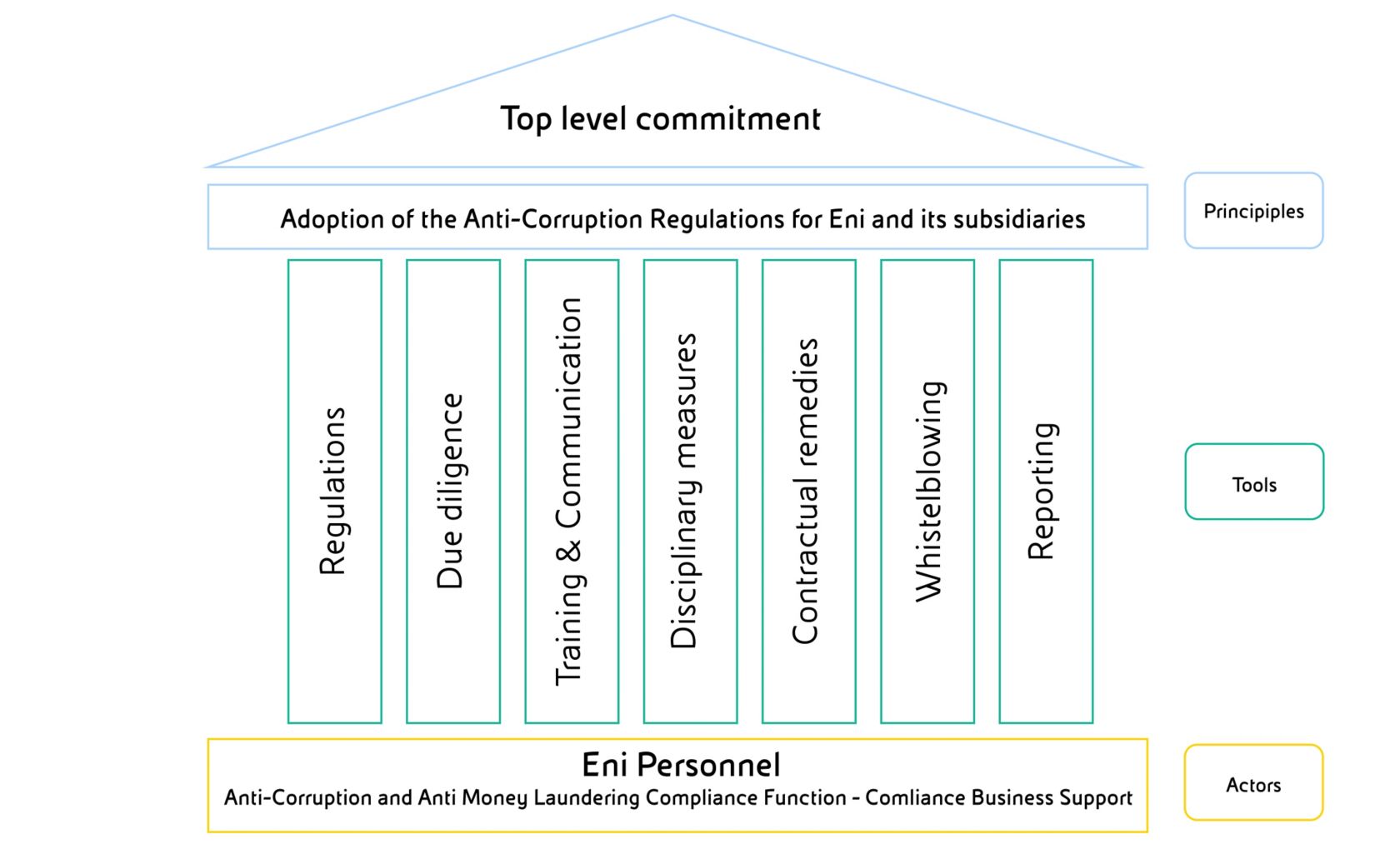
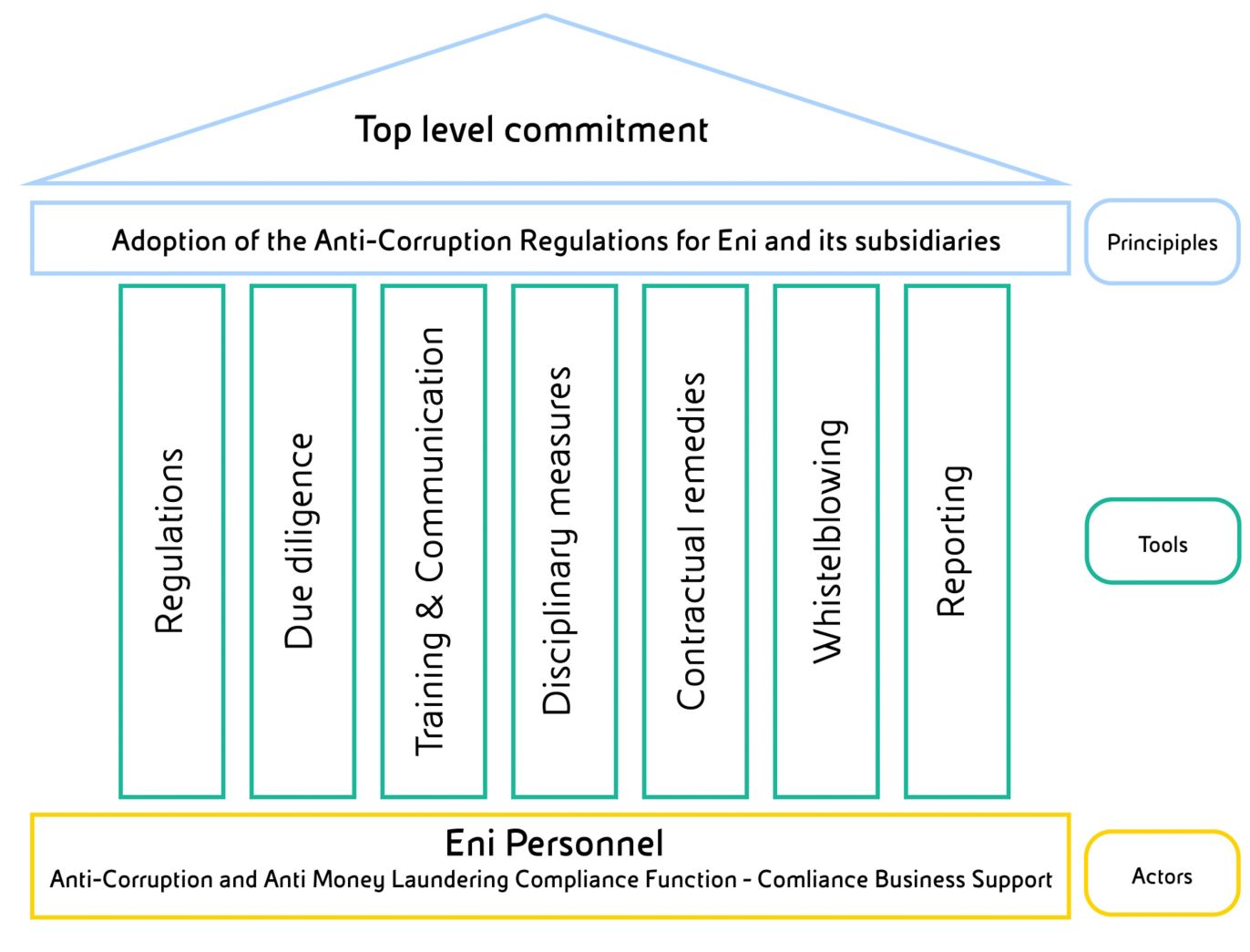
Internal rules
Current anti-corruption regulations of Eni are outlined in the Anti-Corruption Management System Guidelines (hereafter “MSG”) that identifies areas at risk of corruption and money laundering and sets out the general principles to be observed in conducting activities in such areas, as well as specific anti-corruption and bribery tools detailing the applicable regulations for the management of individual business processes at risk of corruption and money laundering.
Adoption and implementation
The adoption and implementation of the Compliance Program is mandatory for Eni SpA and all its subsidiaries in Italy and abroad, each of which adopt it by resolution of the Board of Directors. Companies or entities in which Eni does not have a controlling interest are also required to comply with the standards set out in the anti-corruption regulations, as well as maintaining an adequate internal control system, in line with the provisions of anti-corruption laws.
In the case of third parties or transactions presenting higher profiles of corruption and/or money laundering risk, Eni may require to the third parties the adoption/ maintenance and implementation for the entire duration of the contract of a compliance program to manage the activities at risk in line with Eni’s standard.
The Anti-Corruption and Anti-Money Laundering Compliance Function
To ensure the effectiveness of Anti-Corruption Compliance Program, a dedicated organisational structure was created, with the task of providing specialized centralized anti-corruption and anti-money laundering assistance to Eni and its unlisted subsidiaries in Italy and abroad. It is managed directly by the “Integrated Compliance” Function, which in turn reports directly to the Chief Executive Officer of Eni SpA.
Due diligence
In order to preside over possible criticalities, Eni's Anti-Corruption Compliance Program provides for the implementation and the periodic updating of the due diligence on the potential counterparties at risk (business associates, including intermediaries, consultants and suppliers, joint venture partners, counterparties in M&A transactions, etc.) in order to check the reputational ethics background and the existence of Red Flag both in terms of corruption and money laundering. The due diligence must be initiated promptly and, however, must be completed before any commitments are undertaken with the counterparties at risk. As part of this due diligence activity, the reconstruction of the ownership structure is carried out - according to a risk-based approach - through the identification of all the subjects (natural and legal persons) who hold, directly or indirectly, individually or collectively, shares/quotas of the potential counterparty. Such reconstruction must, as far as possible through the information tools available, aim at identifying 100% of the shareholdings. In any case, the extent of the collection of information relating to the ownership structure may depend on specific circumstances - such as the notoriety of the potential counterparty checked through due diligence, his knowledge gained on the basis of previous relationships, the importance of the transaction, the risk level of the Country in which the operation will be carried out and, in general, the perceived risk level – to be assessed with the support of the Anti-Corruption and Anti-Money Laundering Function.
Combating corruption and money laundering also through training
Conscious that the first element for the development of an effective anti-corruption and money laundering strategy is a knowledge of available prevention tools, Eni promotes the dissemination of the culture of compliance through various internal communication initiatives and a comprehensive awareness raising and training initiative, based on a structured and compulsory periodic training program on anti-corruption and anti-money laundering for all Eni employees. In particular, an online (“e-learning”) training program, classroom-based training sessions (“general anti-corruption workshops”) and “job specific training” for professional areas at specific risk of corruption. In these courses an overview of the anti-corruption and anti-money laundering laws applicable to Eni is provided along with an explanation of the tools to identify areas of corruption and money laundering risk and to apply the control activities that Eni has defined in relation to these areas. Moreover, a description of the reporting methodologies, including whistleblowing, related to any suspected or known violation of anti-corruption and anti- money laundering laws or of Eni's Anti-Corruption Compliance Program is provided.
In order to optimize the identification of the recipients of the various training initiatives, a methodology is used for the systematic segmentation of Eni people on the basis of the level of risk of corruption based on specific risk drivers.
Eni guarantees the communication of the MSG Anti-Corruption to third parties at risk through specific contractual clauses and/or declarations and promotes, as far as is reasonable under the circumstances, training and awareness-raising initiatives dedicated to them.
In particular, starting in 2018, the Anti-Corruption and Anti-Money Laundering Compliance Function started the anti-corruption training program, both online and in the classroom, for some categories of third party at risk. The aim of this program is to raise the third parties awareness on the issue of corruption and in particular on how to recognize corrupt behavior and how to prevent the violation of anti-corruption laws in the context of their professional activity.
Recognition for Eni’s Anti-Corruption Compliance Program
The Anti-Corruption Compliance Program of Eni SpA it is certified in accordance with ISO 37001: 2016 "Antibribery Management Systems".
Eni SpA is the first Italian company to have received this certification in January 2017, for the maintenance of which it is annually subjected by the certifying body to surveillance (twice every three years) and recertification audits (once every three years), which have always concluded with a positive outcome.
The ISO 37301:2021 certification of Eni SpA's entire Compliance Management System was recently added to this certification, effective December 28, 2023.



